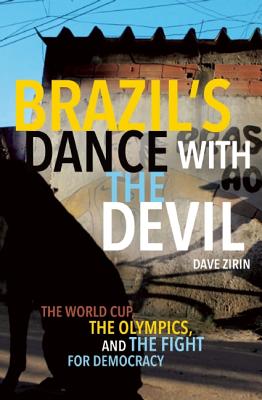By Elizabeth Hertzler-McCain
On September 5, 1971, Denmark beat Mexico in the second unofficial Women’s World Cup in front of a sold-out crowd of 112,500 fans at Mexico’s Aztec Stadium. As of 2024, it is still the most attended women’s sporting event on record.

Lis Lene Nielsen of Denmark holds the Championship trophy after beating Mexico in the championship game of Copa 71. Photo from Marina Amaral and Topfoto via New Black Films. Source: The Guardian
The timing and fan presence at the championship are notable for several reasons. During the early 1970s, several countries and organizations banned women from playing football and in some cases even made it a crime. England’s Football Association banned women from playing in official facilities from 1921 to late 1971 and Brazil also banned organized women’s football until 1979. In 1971, the idea of gender equality in football was laughable. Nonetheless, the unofficial women’s world cup was a massive success with highly competitive matches and crowds 100,000 strong.

Poster of mascot Xochtil. Photo from Gill Sayell. Source: BBC
Despite their success on the pitch, the athletes were subjected to intense sexism which was on prominent display in newspapers and through the sexualized mascot of the tournament, Xochtil. The New York Times ran a notable article with the headline “Soccer Goes Sexy South of the Border”, highlighting the beauty of the athletes rather than their athletic performance. The article described the tournament as part “beauty contest” with pink goal posts, makeup, and hair salons in dressing rooms and “hot pants” as part of the uniforms.
The history of the tournament was intentionally obscured by FIFA officials and largely forgotten for fifty years. The story of the tournament was brought to light after co-directors of the documentary Copa 71 spent time during the lockdowns of 2020 researching the tournament in Mexican archives and eventually found video footage of the tournament. Copa 71 the documentary, hit theaters in March of 2024. Watch the trailer below.
In spite of the cultural expectations set against them, the players in the 1971 unofficial women’s world cup found victory, community, and joy on an international stage. The players of Copa 71 laid the groundwork for every following generation of female soccer players who find themselves in international tournaments in front of sold-out audiences.
“It’s up to us to tell the stories. To make sure that history is right.” — Brandi Chastain, two-time Olympic Gold Medalist in Soccer and two-time FIFA Women’s World Cup Champion.
Story prepared by Zinn Education Project intern Elizabeth Hertzler-McCain.
Watch the trailer to the documentary Copa 71 below.










Twitter
Google plus
LinkedIn